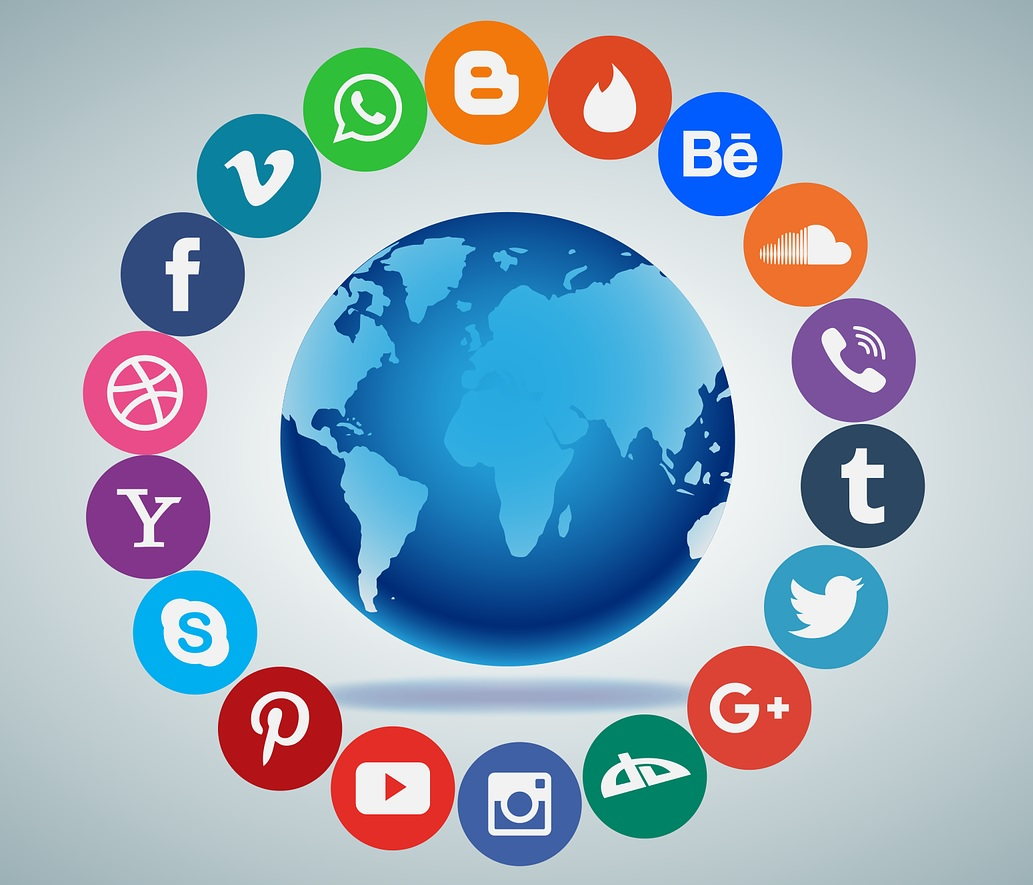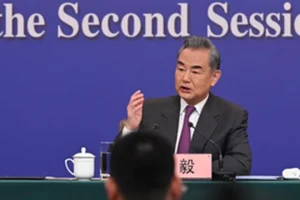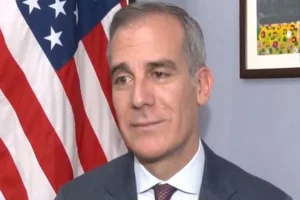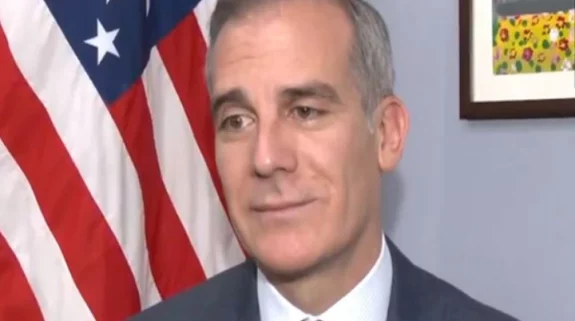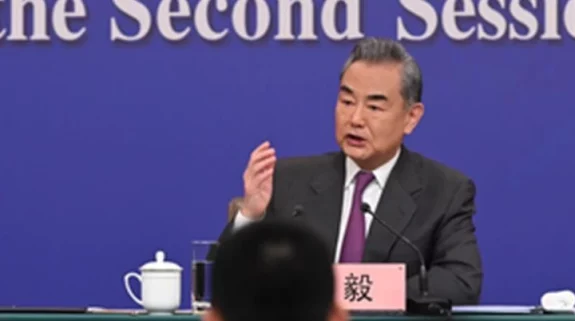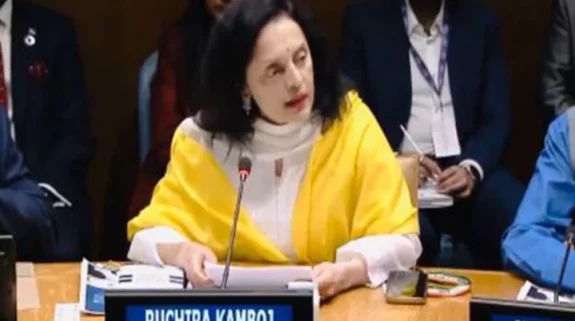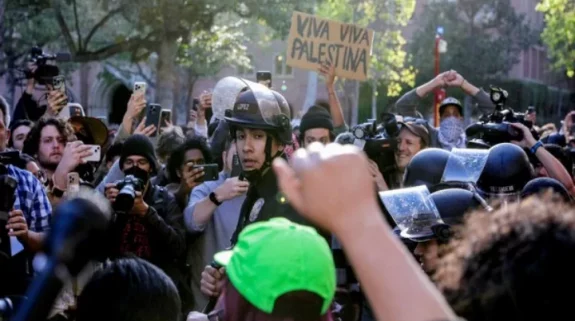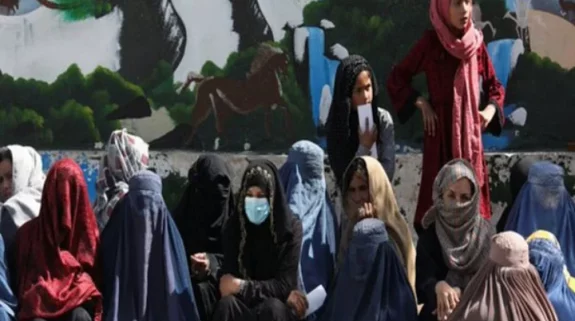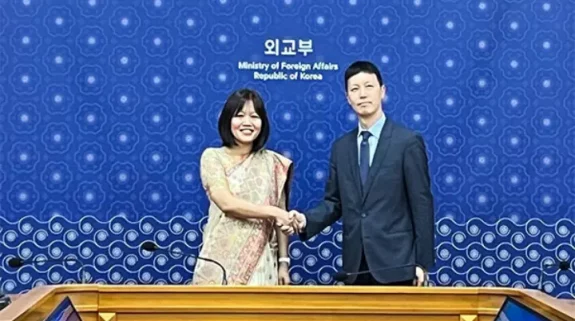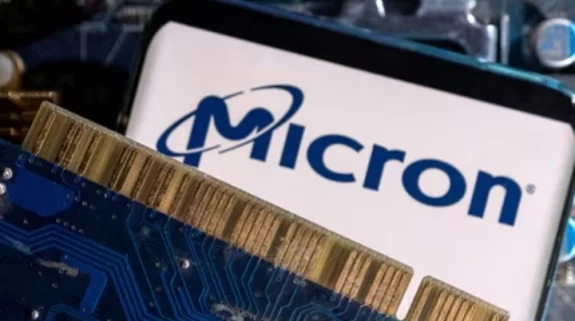Australia today passed first of its kind media law which would force tech giants like Google and Facebook to pay news outlets for their content. The world-leading News Media and Digital Platforms Mandatory Bargaining Code pushed by Prime Minister Scott Morrison's government addresses the bargaining power imbalance between news media businesses and digital platforms. It also sets a precedent for the rest of the world which was eagerly following the rapid turn of events taking place in Canberra to formulate similar policies at home.
The Code was developed after extensive analysis from the Australian Competition and Consumer Commission (ACCC), including almost three years of public consultation. It was passed by the parliament on Thursday after some tweaks following an action-packed last week which saw Facebook blocking all news content to Australians over the row.
Morrison has labeled it as a "threat" saying "They may be changing the world, but that doesn't mean they should run it."
The Australian PM had also dialed and discussed "the situation" with his Indian counterpart Narendra Modi mentioning the world is eagerly watching "what Australia is doing".
Facebook had reversed its decision earlier this week after negotiations with the country's government.
The new amendments encourage parties to undertake commercial negotiations outside the Code allowing companies like Google and Facebook to reach commercial arrangements with Australian news media businesses.
It will also ensure that news media businesses are fairly remunerated for the content they generate, helping to sustain public interest journalism in Australia.
"The Code is a significant microeconomic reform, one that has drawn the eyes of the world on the Australian parliament. Our commitment to legislating the Code reflects the importance of a diverse and well-resourced news media sector to our democracy and the Australian people," Treasurer Josh Frydenberg and Minister for Communications Paul Fletcher said in a joint statement.
In a blogpost titled 'The real story of what happened with news on Facebook in Australia', Nick Clegg, a former UK deputy Prime Minister who is now Facebook’s Vice-President of Global Affairs and Communications, wrote yesterday that the original legislation was like forcing car makers to fund radio stations because people might listen to them in the car — and letting the stations set the price.
Clegg said that there is a fundamental misunderstanding of the relationship between Facebook and news publishers. He also admitted on erring on the side of over-enforcement, blocking some content "inadvertently".
"It’s the publishers themselves who choose to share their stories on social media, or make them available to be shared by others, because they get value from doing so. That’s why they have buttons on their sites encouraging readers to share them. And if you click a link that’s shared on Facebook, you are directed off the platform to the publisher’s website. In this way, last year Facebook generated approximately 5.1 billion free referrals to Australian publishers worth an estimated AU$407 million to the news industry," he wrote.
Clegg said that Facebook has invested $600 million since 2018 to support the news industry, and plan at least $1 billion more over the next three years.
"Last month, Facebook announced deals with The Guardian, Telegraph Media Group, Financial Times, Daily Mail Group, Sky News and many more, including local, regional and lifestyle publishers, to pay for content in its Facebook News product in the UK — a new tab where you can find headlines and stories next to news personalized to your interests. Similar deals have been reached with publishers in the US, and Facebook is in active negotiations with others in Germany and France."
It has been reported that Google which had also initially threatened to withdraw its Australian search engine, has signed a three-year deal with Rupert Murdoch’s News Corp besides agreements with various local Australian companies like Nine Entertainment Co and Seven West Media.
"News Corp which locally owns The Australian, The Daily Telegraph and The Herald Sun, said it would receive “significant payments” from the $1.8 trillion search engine for articles to appear on products such as Google News Showcase," reported the Sydney Morning Herald, last week.
The Australian government has said that the Code will be reviewed by Treasury within one year of its commencement to ensure it is delivering outcomes that are consistent with the government’s policy intent.
However, the developments Down Under have already set a template for many countries which would now be encouraged to work out similar codes – not just to addresses the bargaining power imbalance but to rein in various social media platforms who have spread fake news and, as India witnessed recently, incited violence by openly flouting local laws.






